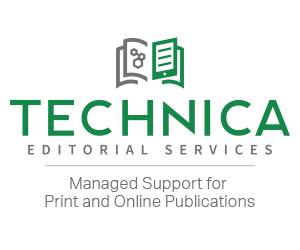There has been a revolution in the publishing industry in the last ten years. For better or worse, publishing has become easier thanks to the growing popularity of self-publishing. In a 2015 article on her website, Jane Friedman, CEO and Co-Founder of Open Road Integrated Media, described the many of the ins and outs of this new self-publishing method. Self-publishing has become even more popular within the last 10 years now that close to 35% of all book sales in the United States are e-books and 60% of all book sales are done online, primarily through Amazon.
And it should be noted that it is not just younger writers who are looking at the viability of self-publishing and it’s also not just book authors. Scholarly publishing might just be on the cusp of embracing self-publishing. In November of 2016, Lulu Press, one of the world’s leading self-publishing websites launched Glasstree which is marketed as “a better publishing model for academic authors.” The new publishing service offers academics the ability to publish their research in a shorter amount of time than most academic publishers and includes full service academic support from professional peer review services to bibliometric tracking to open access options. In January of 2017, Glasstree launched its new e-book service, which markets itself as a platform that allows academic authors to get their monographs and books published within hours of submission at a cost of just $20 per title. The e-book’s Open Access option provides full-service packages that are available to authors starting at $3000.
Daniel Berze, Vice President of Academic Publishing at Lulu Press, says “the existing academic publishing model is broken” and that this model provides more freedom and control for academics. When promoting the service in April of 2016, Berze said, “scholars researched, wrote and edited their work with little, and in many cases no, financial reward. This outdated model will soon change with the introduction of Glasstree, a new publishing platform from which academic authors can publish, share, and actually profit from their work.” Glasstree allows authors to own the copyright on their self-published material as opposed to it being owned by a journal society or publisher. The authors can set the publication date and sales price for their book while retaining 70% of the book’s profits.
While the platform currently only publishes books, Lulu hopes to have an operational journal article tool by the second quarter of 2017. But the question is: will this new model attract scholarly writers? It’s still too early to tell. While many writers might be lured in by the economic benefits and expediency of this publishing model, Glasstree may struggle for the foreseeable future in fighting the so-called “reputation pull” that academic journal publishers have. Scholars are pressured by employers to get published regularly and they feel pushed towards publications with higher impact factors and better reputations. Until this issue is resolved, Glasstree and other similar self-publishing platforms will remain a work in progress.




